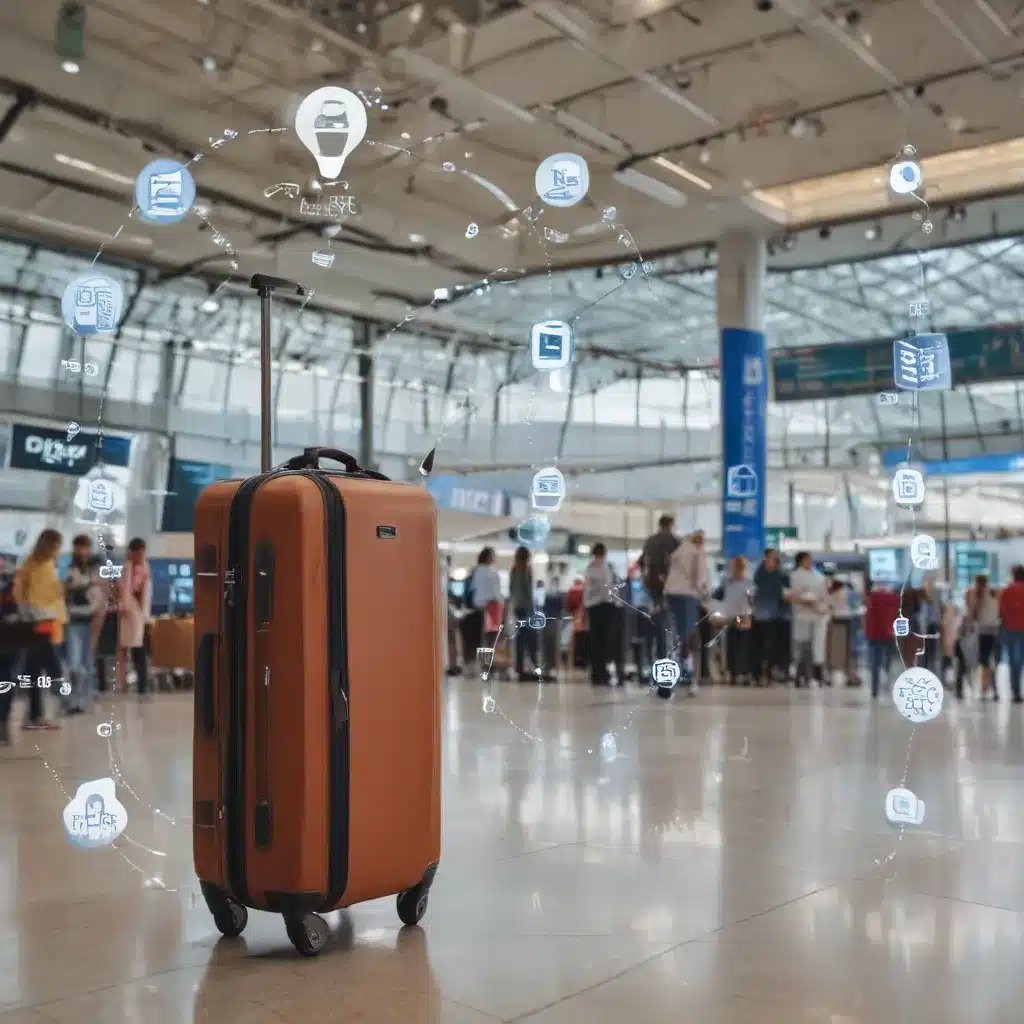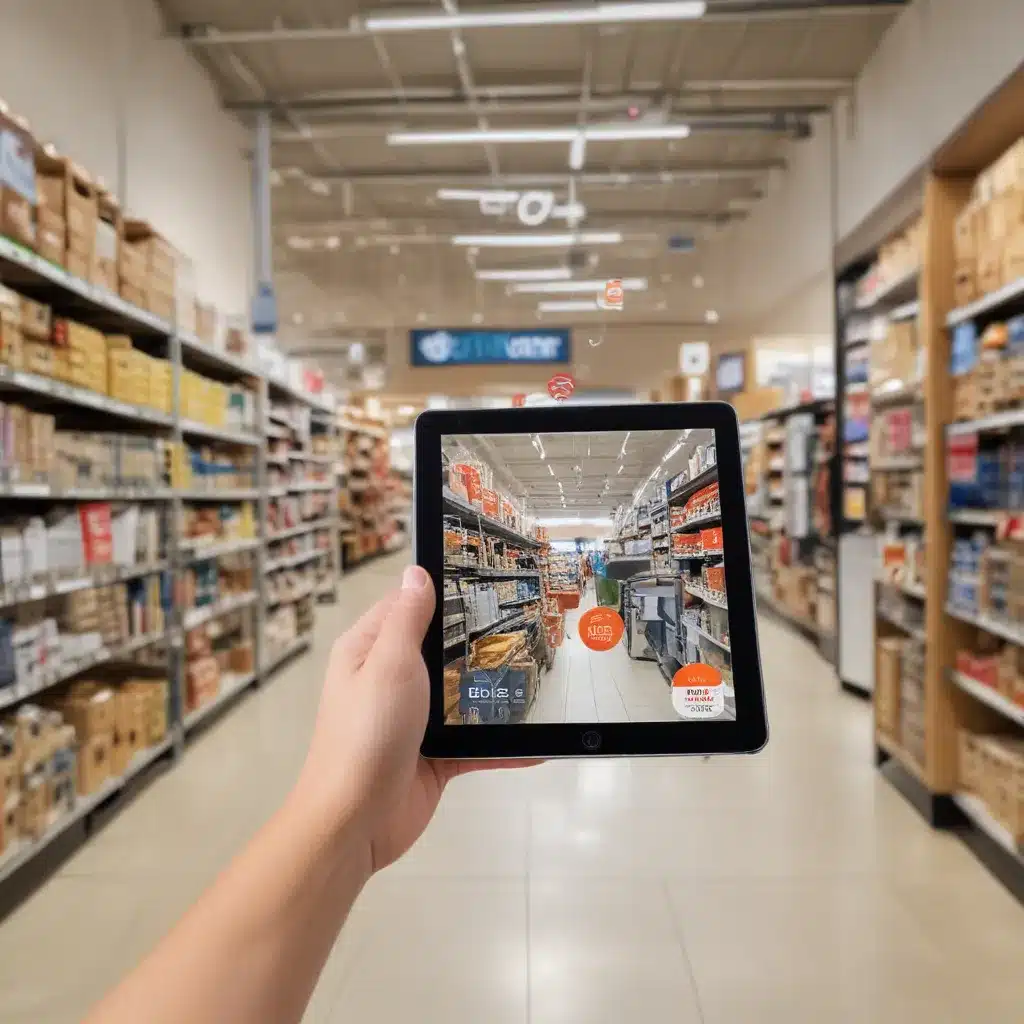Introduction
The year 2024 will likely see even further erosion of online privacy, as companies and governments seek more data about internet users. This raises an important question: will Virtual Private Networks (VPNs) still be enough to protect your online privacy four years from now?
I aim to provide a comprehensive look at this issue. Below, I explore the benefits and limitations of VPNs, changes coming by 2024, and additional privacy tools beyond VPNs. My goal is to equip readers with the knowledge to make informed decisions about protecting their privacy online both today and in 2024.
How VPNs Protect Online Privacy
First, let’s review what a VPN is and how it protects online privacy:
-
A VPN creates an encrypted tunnel between your device and a remote server operated by the VPN provider.
-
This hides your real IP address, making it appear you are browsing from the VPN server’s location instead.
-
VPN encryption also hides the contents of your internet traffic from snooping by your internet service provider (ISP) or others.
So in summary, VPNs mainly provide two core privacy benefits:
- Hiding your IP address and physical location.
- Encrypting your browsing activity and data.
This prevents easy surveillance of what sites you visit and what data you transmit or receive online.
VPN Strengths for Privacy
VPNs provide several strengths for online privacy:
- They are easy to use, requiring little technical skill.
- VPNs work on many devices like desktops, mobiles, and tablets.
- The best VPNs have reliable performance with fast speeds.
- Paid VPNs are inexpensive, with many plans under $10 per month.
- VPNs encrypt all traffic by default for convenience.
These user-friendly properties will continue making VPNs a go-to privacy tool for many in 2024. However, VPNs also have distinct limitations…
VPN Limitations for Privacy
While valuable, VPNs cannot guarantee full online privacy and have some notable gaps:
1. VPNs Don’t Mask All Identifying Data
While VPNs hide your IP address, they do not block other potentially identifying data points like:
- Browser and device fingerprints that uniquely identify you.
- Location data leaked by your device’s sensors.
- Metadata revealing who you contacted and when.
Sophisticated trackers can use these alternative data points to continue monitoring you even with a VPN.
2. VPN Servers Are Central Points of Failure
All your traffic is visible to your VPN provider’s servers. This means:
- The VPN provider could secretly log your activity and profiling you. This risk increases with free VPNs trying to monetize users.
- Government agencies can potentially force VPNs to share logs and insert surveillance tools.
So your privacy depends heavily on the ethics and jurisdiction of the VPN service.
3. VPNs Don’t Hide the Sites You Access
While hiding the contents, VPNs don’t conceal which sites or services you use. This allows observers to still make inferences based on your online destinations.
4. VPNs Can Be Blocked or Throttled
VPNs are increasingly blocked by restrictive networks like those in China and on college campuses.
Internet service providers also throttle VPN connections, meaning slower speeds that harm user experience. These issues will likely grow by 2024.
Major Privacy Threats Looming by 2024
So those inherent VPN limitations for privacy will remain in 2024. However, we also face new privacy threats emerging in the coming years:
AI-Enhanced Tracking and Surveillance
Artificial intelligence (AI) will allow companies and governments to analyze behavior and glean insights like never before. VPN encryption may struggle to hide your activities from powerful AI.
Pervasive IoT Devices and Sensors
The swelling Internet of Things (IoT) will surround us with “smart” devices harvesting intimate data – in our homes, vehicles, and cities. Many transmit information unencrypted, allowing new surveillance even when using a VPN on your phone or laptop.
compromising 5G
New 5G cellular networks will bring even faster speeds and lower latency. But the complex new technical infrastructure also introduces fresh vulnerabilities that hackers or rogue insiders could exploit to spy on 5G traffic.
Cryptocurrency Deanonymization
Blockchain analysis firms are rapidly improving their ability to “deanonymize” cryptocurrency transactions, linking them to real-world identities. This jeopardizes one of the last refuges for private online financial transactions.
Digital Identity Frameworks
Public and private entities are developing digital identity frameworks for increased security and convenience. But these also centralize sensitive personal data and enable extensive tracking both online and in the physical world.
Supplementing VPNs for Enhanced Privacy in 2024
Given these trends, relying solely on VPNs will likely be insufficient to protect your privacy by 2024. Here are some additional solutions to consider combining with a VPN:
Use the Tor Anonymity Network
The Tor network reroutes your traffic through multiple servers to better mask identifying information. This makes surveillance more difficult.
Try a More Trustworthy VPN Provider
Opt for a privacy-focused VPN company outside the jurisdiction of FiveEyes and other intrusive agencies. Avoid free VPNs and read independent audits of providers’ policies and technologies.
Adopt Encrypted Messaging Apps
For your most sensitive communications, encrypted messaging apps like Signal offer stronger protections. They allow secure texts, calls, and file transfers.
Utilize Privacy Browsers Like Tor and Brave
Specialty privacy browsers automate numerous protections, like blocking trackers and fingerprinting. Examples include Tor Browser and Brave.
Leverage End-to-End Encrypted Storage
For secure cloud storage and file transfers, use end-to-end encrypted services like Tresorit that not even the storage provider can access.
Carefully Manage App Permissions
Be very selective when granting app permissions to access contacts, location, microphone, camera, and other data. Limit permissions to only what each app needs.
Conclusion
In summary, VPNs will continue providing important privacy protections in 2024. However, to adapt to emerging threats, VPNs alone will no longer be sufficient. The good news is augmenting your VPN with other privacy-enhancing tools can offer a layered defense against the next generation of surveillance. But it will require more forethought, effort, and expense than simply turning on a VPN.
The extent you implement these additional measures depends on your personal threat model. But some combination will likely be essential to preserve a reasonable level of online privacy four years from now. Take the time now to understand these technologies, proactively assess your risks, and take action. Adopting new habits and tools earlier makes them feel natural rather than intrusive down the road.
With knowledge and preparation, we can still achieve meaningful privacy in 2024 and beyond. But it will look different than today. We must reimagine privacy in the context of tomorrow’s challenges.












